This resource outlines the course design and rationale for Applied Medical Literacy for Skin Patients a 500-level course.
Applied Medical Literacy for Skin Patients is a groundbreaking, graduate-level course designed for individuals living with skin conditions who are ready to advance knowledge, skills, and critical thinking related to dermatological diseases. Delivered entirely online through a learning management system, this course offers the flexibility and accessibility today’s learners need, providing a high-level patient education experience that is both scholarly and personally relevant, all from the comfort of students preferred environments, when and where most convenient.
This course connects a dynamic community of patient experts, educators, and learners in a shared learning space. It is designed not only to teach about skin health and disease but also to build research, critical thinking, and digital literacy skills that contribute to better outcomes and stronger patient self-advocacy. Through scaffolded assignments and a wide range of curated and customizable content, students will build competence in locating, interpreting, evaluating, and applying dermatological information, as co-creators of knowledge and health strategies.
Key Course Features
-
Diverse, Curated Readings: Carefully selected literature relevant to diverse skin patients.
-
Scholarly Exploration: Guidance on how to explore and critically engage with web-based content and scientific/scholarly literature based on individual interests or diagnoses.
-
Scaffolded Assignments:
-
Annotated bibliographies to track and evaluate literature.
-
Spreadsheets and tables for synthesizing and comparing etiological, physiological, and clinical features of skin conditions.
-
Guided use of generative AI tools for research and learning.
-
Reflective writing and forum discussions to support meaning-making and critical dialogue.
-
Collaborative Learning Community: Engage in peer-to-peer knowledge sharing, mutual support, and interdisciplinary insight.
Instructional Design & Educational Foundations
This course draws from a powerful blend of modern educational theory and best practices in adult learning to ensure deep, transferable learning:
-
Learner-Centered Andragogy: Tailored to adult learners who bring their own experiences and motivations, the course encourages autonomy, personal relevance, and self-direction.
-
Heutagogy (Self-Determined Learning): Learners set goals, pursue topics of interest, and shape their own learning paths while being supported with flexible guidance.
-
Constructivist Learning: Students build new knowledge by connecting prior experiences with new insights through reflection, research, and collaborative meaning-making.
-
Connected Learning: The course emphasizes real-world relevance, peer collaboration, and social engagement through online community and dialogue.
-
Social Development Theory (Vygotsky): Structured opportunities enable interaction and shared problem-solving support learning in the zone of proximal development.
-
Discovery Learning: Students are encouraged to question, explore, and investigate skin conditions that matter to them, fostering curiosity and independent inquiry.
-
Merrill’s Principles of Instruction:
-
Activation: Students draw on their existing knowledge and experiences.
-
Demonstration: Clear models and examples illustrate best practices in tasks.
-
Application: Learners engage in hands-on, practical assignments to apply new skills.
-
Integration: Students reflect, discuss, and share their work in ways that integrate learning into their lives.
-
Bloom’s Revised Taxonomy: From remembering and understanding medical concepts to analyzing, evaluating, and creating original outputs like summaries and resource tools, the course scaffolds upward cognitive growth.
Learning Outcomes
By the end of the course, students will be able to:
-
Navigate and critically evaluate information about dermatological conditions.
-
Synthesize diverse sources of information into organized, informative formats.
-
Use digital tools (including spreadsheets and AI) to manage and analyze information about skin conditions.
-
Communicate insights through annotated bibliographies, reflections, and scholarly dialogue.
-
Collaborate with a community of patient scholars to enhance collective understanding and mutual support.
Applied Medical Literacy for Skin Patients transforms the learning experience for patients. It equips individuals with the knowledge, skills, and confidence needed to engage meaningfully with medical systems, contribute to dermatological knowledge, and improve both personal and community outcomes.
Author: Joan Tu
Date: July 31, 2025
Page Count: 15
Format: Digital Download
Interior: Black & White
Ages: For Higher Education, Continuing Education, Adult Education
===
TERMS OF USE:
One download per educator.
Copyright 2025 Myrimaven Publishing
No part of this publication may otherwise be reproduced, distributed, or transmitted in any form or by any means, including photocopying, recording, or other electronic or mechanical methods. Copyright has been registered for these this publication in Canada and the United States.

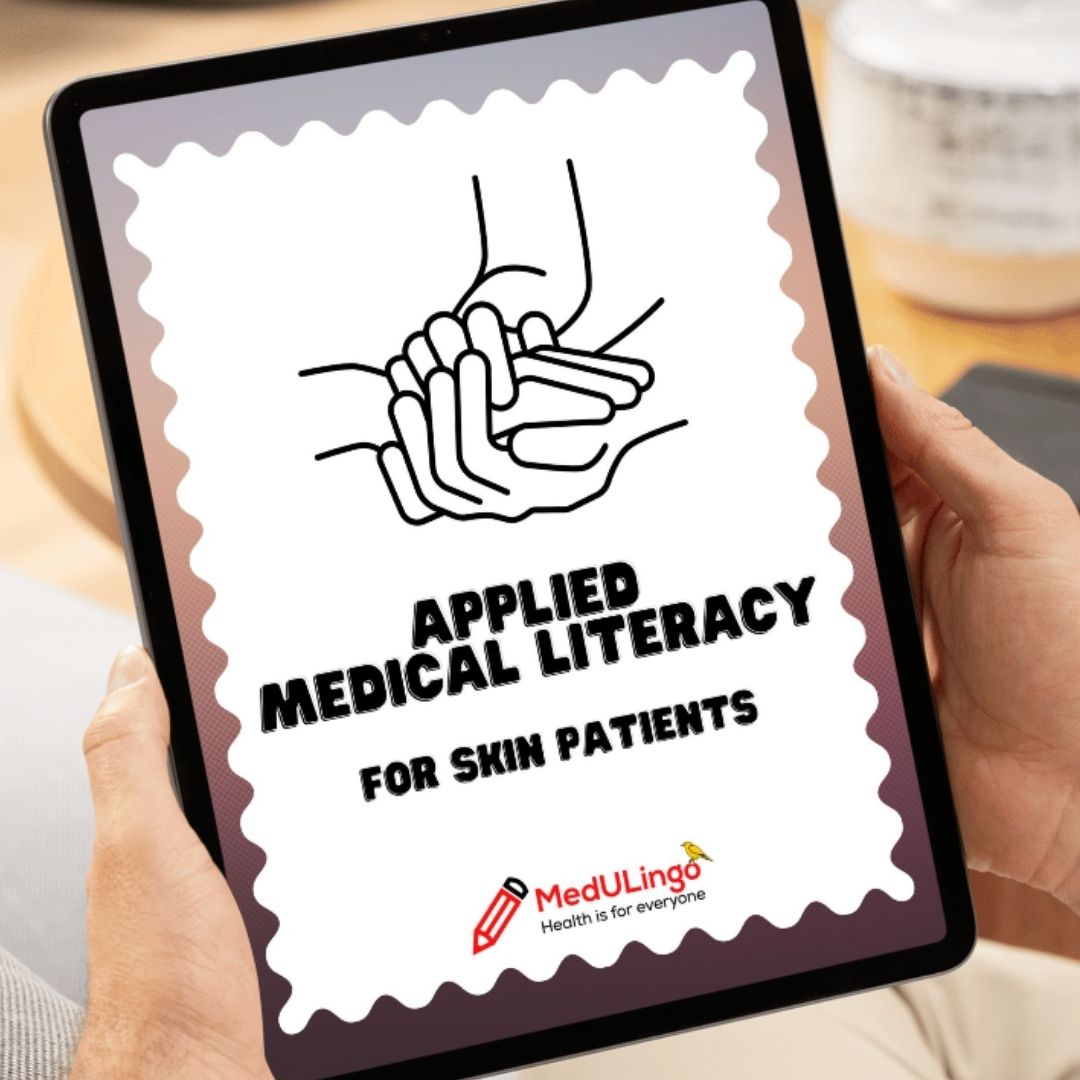
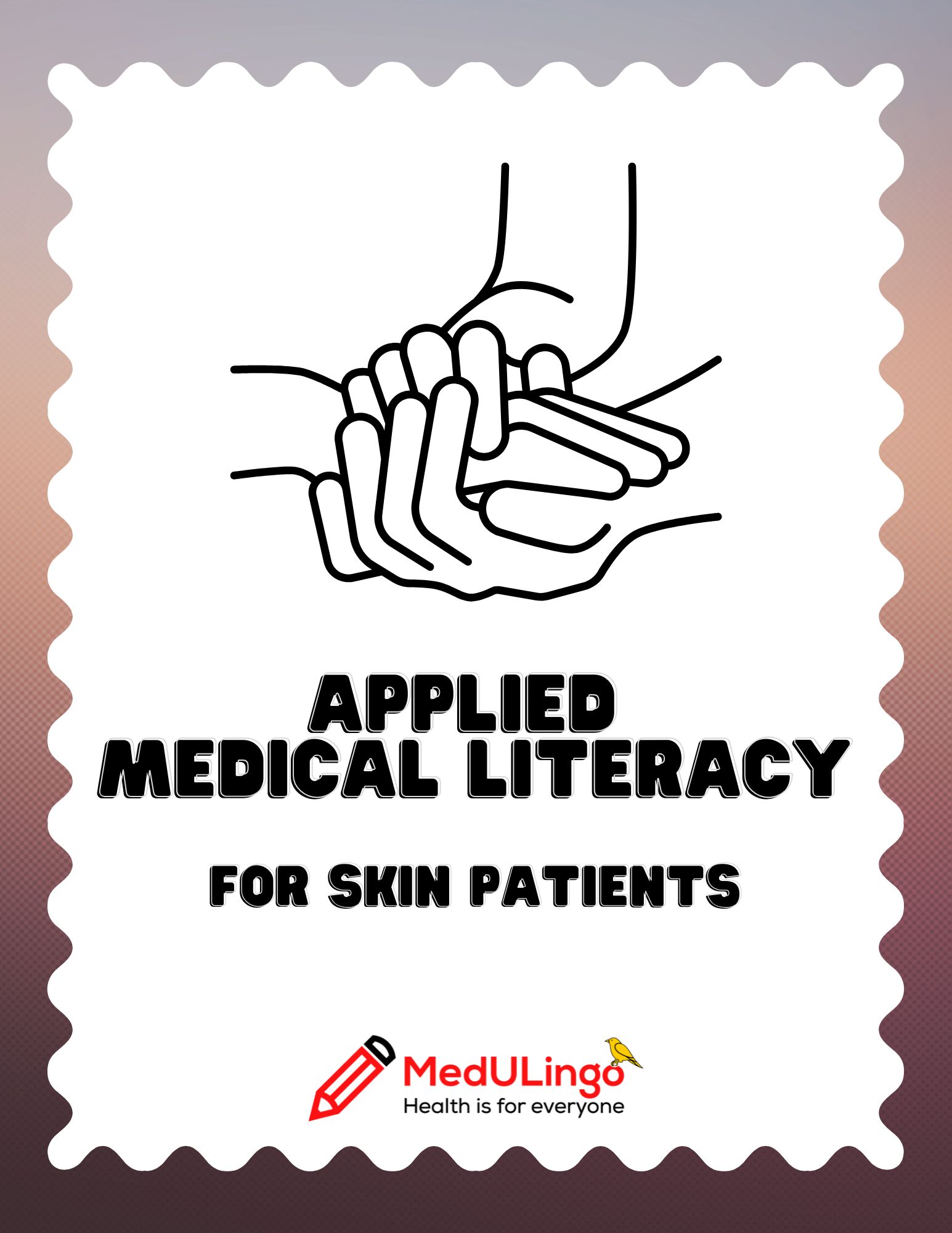
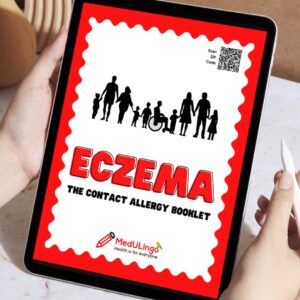
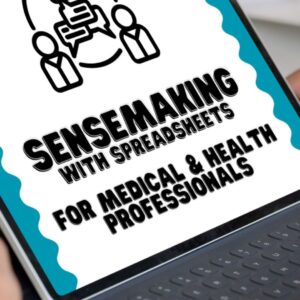

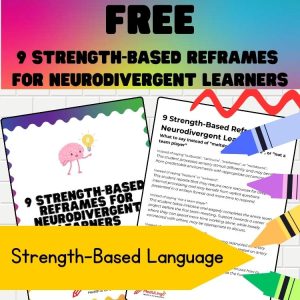

Reviews
There are no reviews yet.